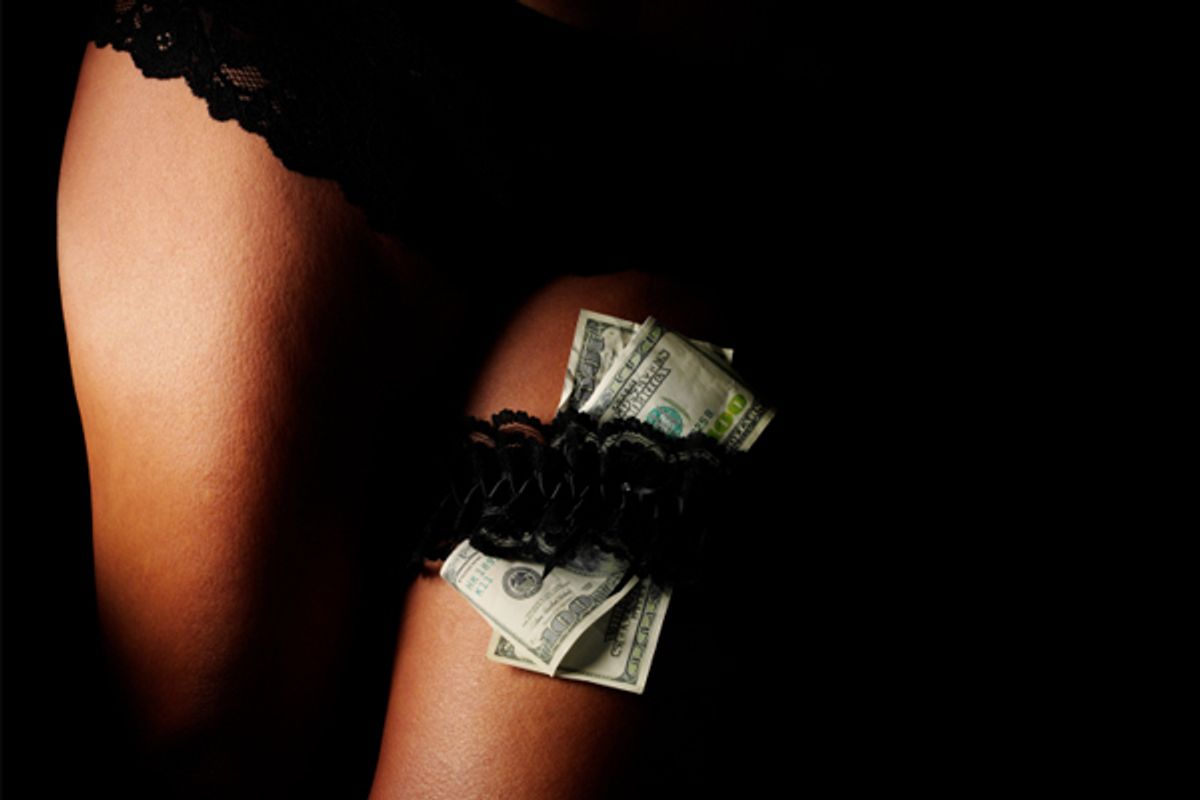In another unfortunate example of general disregard for sex workers, 30 strippers are suing the San Diego police department after cops allegedly forced the women to pose nude during a series of regulatory inspections. The women filed a lawsuit in Superior Court on Wednesday, which claims that law enforcement officers violated their constitutional protections against unlawful searches and seizures.
According to an official claim the women filed in March, which was later rejected, dancers at Cheetahs Gentlemen's Club and Club Expose were required to pose "nearly nude" for photos taken by members of the police department's vice squad, which officers are allowed to take for identification purposes. The lawsuit alleges that approximately 10 officers detained the women for nearly an hour without a warrant or probable cause, and that the cops made "arrogant and demeaning comments" while "ordering the women to pose in various positions and expose body parts so that the police could ostensibly photograph their tattoos." Police also reportedly barred women from leaving the premises and, as one dancer told Fox5, had certain girls just strip down to nothing."
Police department spokesperson Lt. Kevin Mayer described the raids and photos as a "routine" part of the city's permit to regulate establishments with nudity, according to the Los Angeles Times. Photographing strippers -- and their tattoos -- is meant to deter the women from engaging in "illegal acts." "The San Diego code mandates we make these inspections," Mayer said. "This is not a criminal matter, this is a regulatory matter."
The women's attorney, Dan Gilleon, contends that it's both. Gilleon said that although the inspections themselves might be acceptable under the city code, these particular investigations crossed a line. He's arguing for unspecified damages for "emotional distress and pain" -- which strippers tend to feel when they're forced to expose themselves in violation of their rights, because they are human beings -- and hopes the damages are sufficient to "punish and make an example" of the police department.
"Either the officers acted maliciously, knowing they were violating claimants' civil rights or SDPD's failure to train the officers amounted to deliberate indifference to the claimants' rights," Gilleon told the Times. Both explanations are equally plausible, as well as equally despicable.



Shares